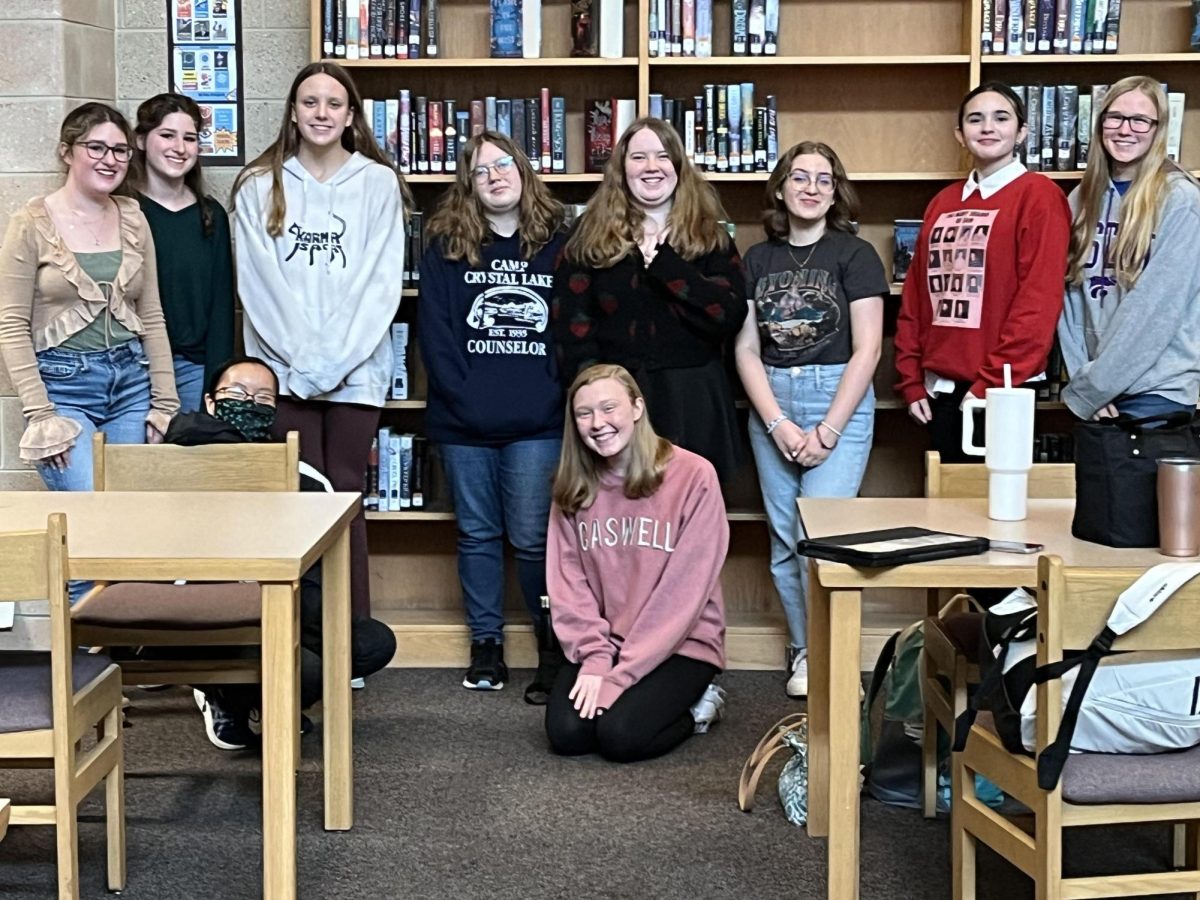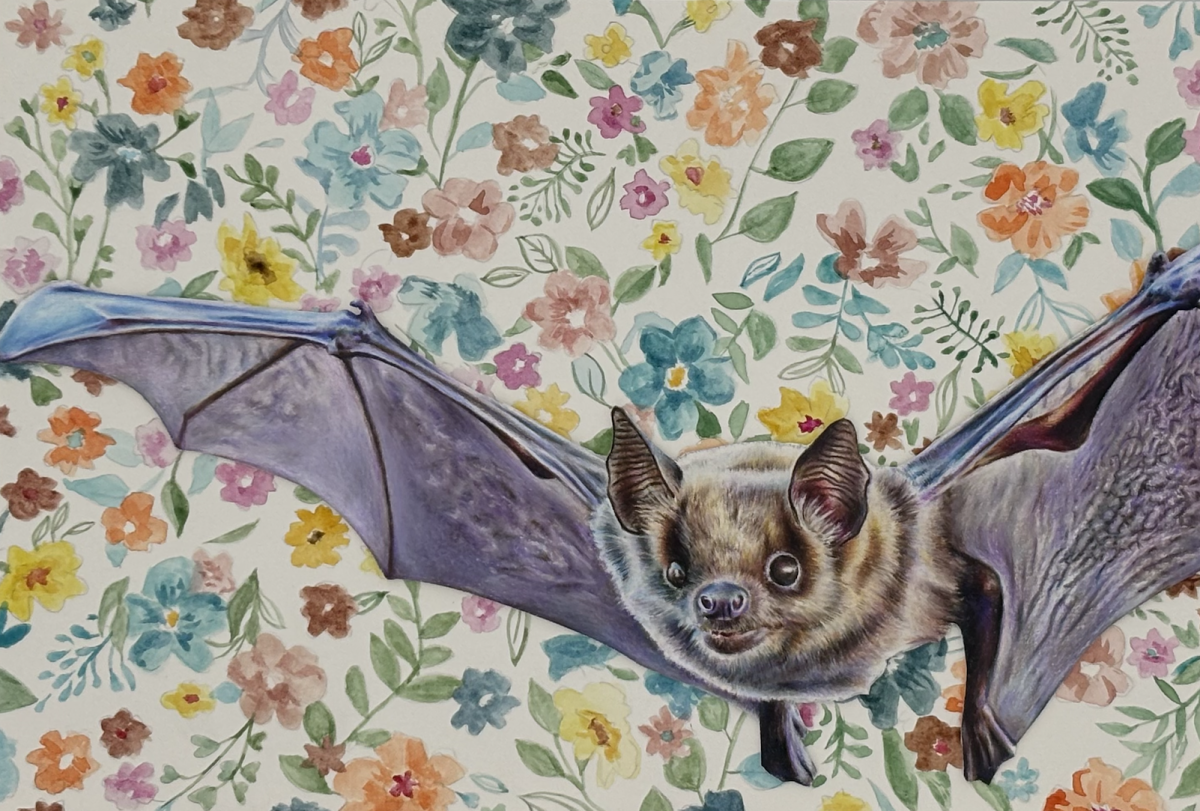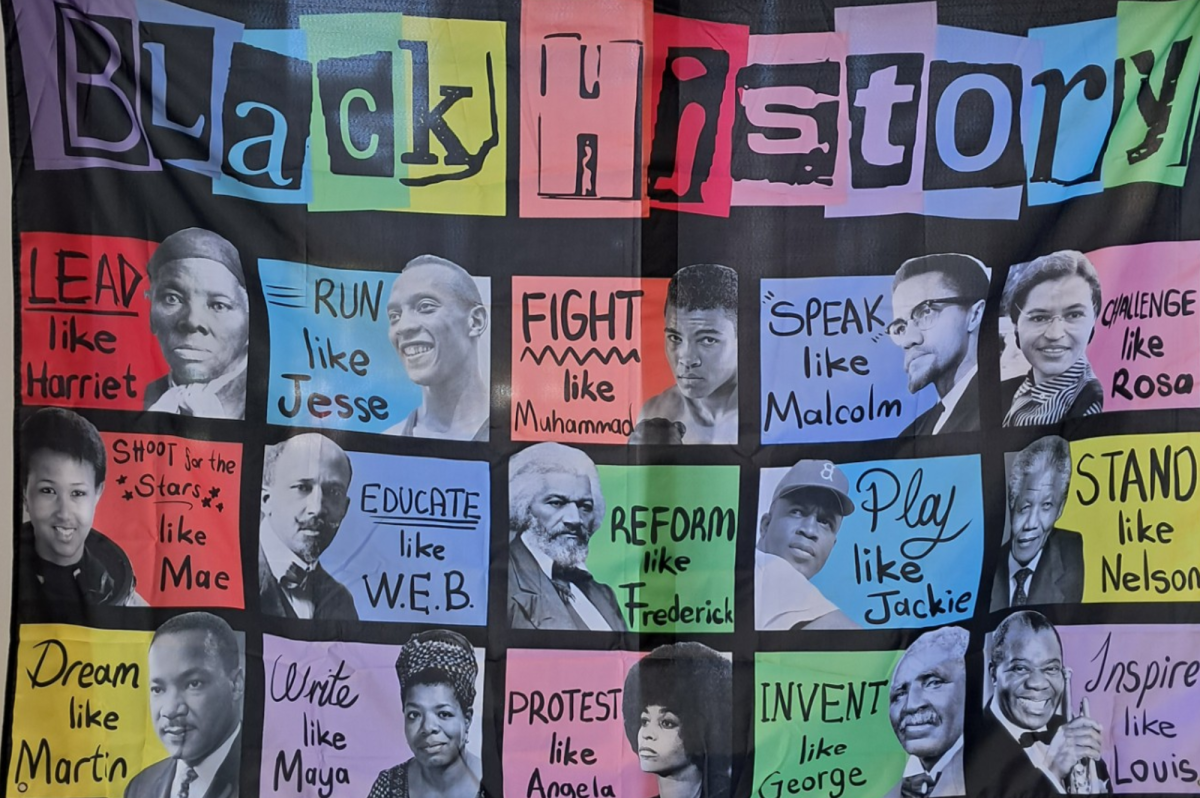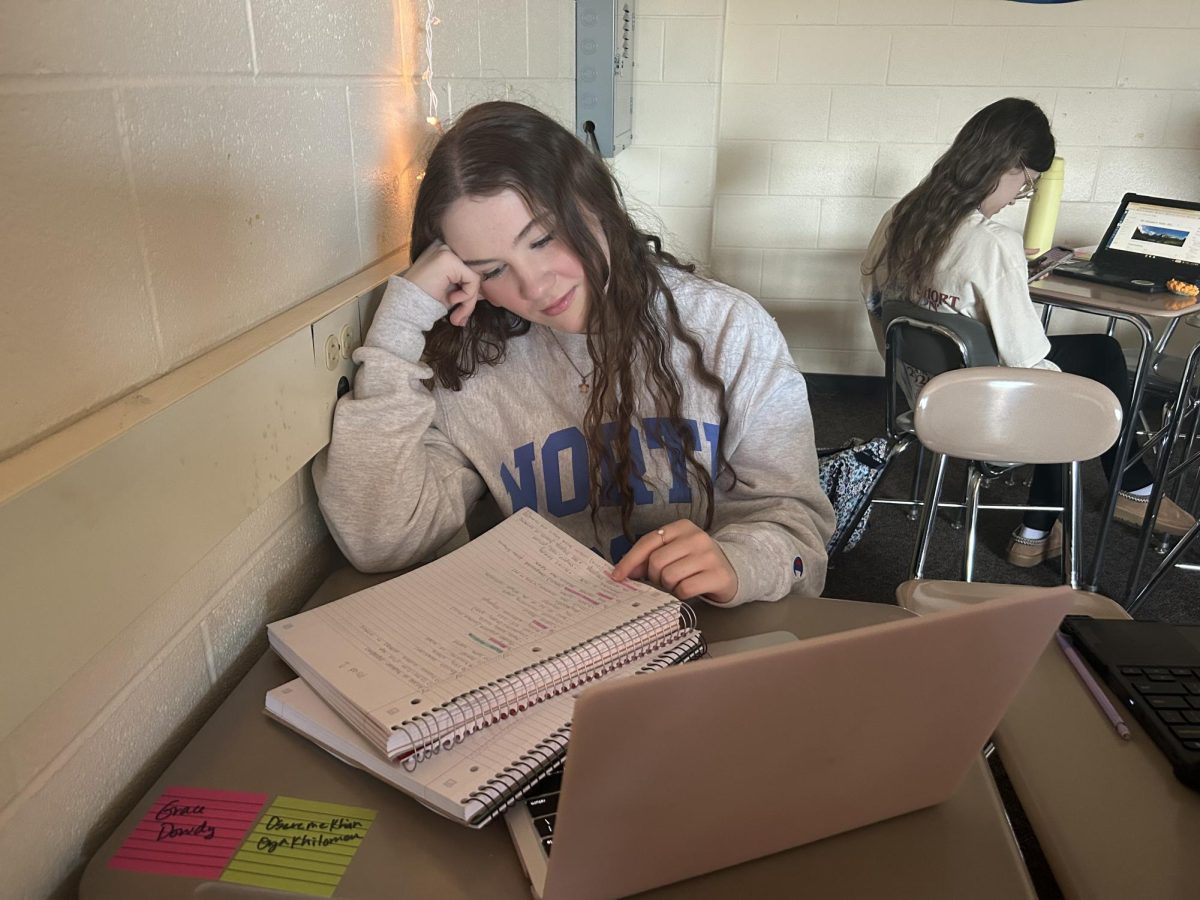Every November since 1999, many writers of all ages participate in National Novel Writing Month, also known as NaNoWriMo. In 2022, over 400,000 writers participated in this competition, after which the author can publish their finished work if they wish. The guidelines of NaNoWriMo are that the author should get a 50,000-word rough draft completed by the end of the month of November.
Doing NaNoWriMo for the first time can be quite difficult as it is no small task to write a 50,000-word manuscript in a month while still having a normal life; this is the case even for a lover of literacy. Sarah Dudley, creative writing and English teacher knows this well because this is her first time participating in National Novel Writing Month.
“For me, I think it’s going to be about doing what I can [for NaNoWriMo] because life is very busy,” Dudley said. “So, I’m not going to beat myself up if I can’t hit the writing goal in the month of November.”
NaNoWriMo can also be used as motivation to keep writing even if authors have been working intermittently on a project for years. Sometimes life can throw a lot at a person, causing them to put their novels to the side. KC Keech is a Wakefield senior who has been writing a novel for the past several years and is taking advantage of this month.
“NaNoWriMo is an inspiration for me to continue writing my fantasy fiction novel that I’ve been working on for about four years now,” Keech said.
Oftentime, writer’s block can be a huge contributor to pushing a novel to the side. Even outside of NaNoWriMo, the library can be an excellent resource for aspiring writers, whether it be a public or a school’s library. Librarians, due to the nature of their job, tend to be inclined to help people who wish to learn more about the world through books and other printed mediums. Joyce Deaton is Wakefield High School’s librarian and provides great advice for young writers of all backgrounds as well as having a good list of resources which can be found here.
“I think that there is something really interesting about reading biographies of writers because you can really get into [their] head,” Deaton said. “You can [also] learn more about how they write and perhaps you can [adapt] their advice, [helping] you write better too.”
While reading is an excellent resource, the best resource for any young writer is people; people to read their writing, people who also write to bounce their ideas off of, groups of like-minded people who enjoy what they write and those who are also passionate about what they do. As creative writing club co-president and Wakefield senior, Mary Marley can contribute to and potentially help with other writers’ novels.
“I’m the president of the literary club, so we do a lot of sharing of ideas and if I needed help, I would consult with them,” Marley said.










